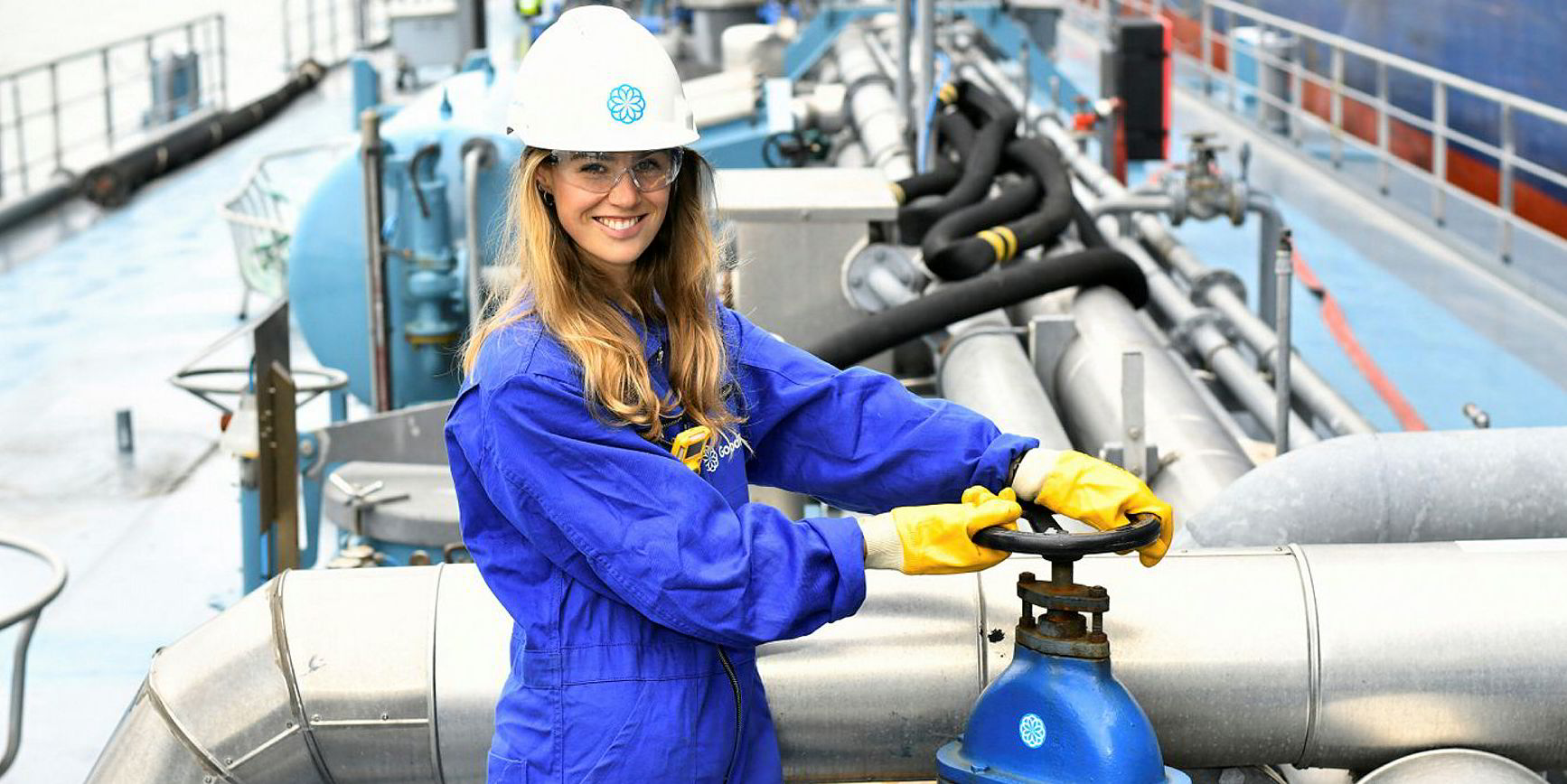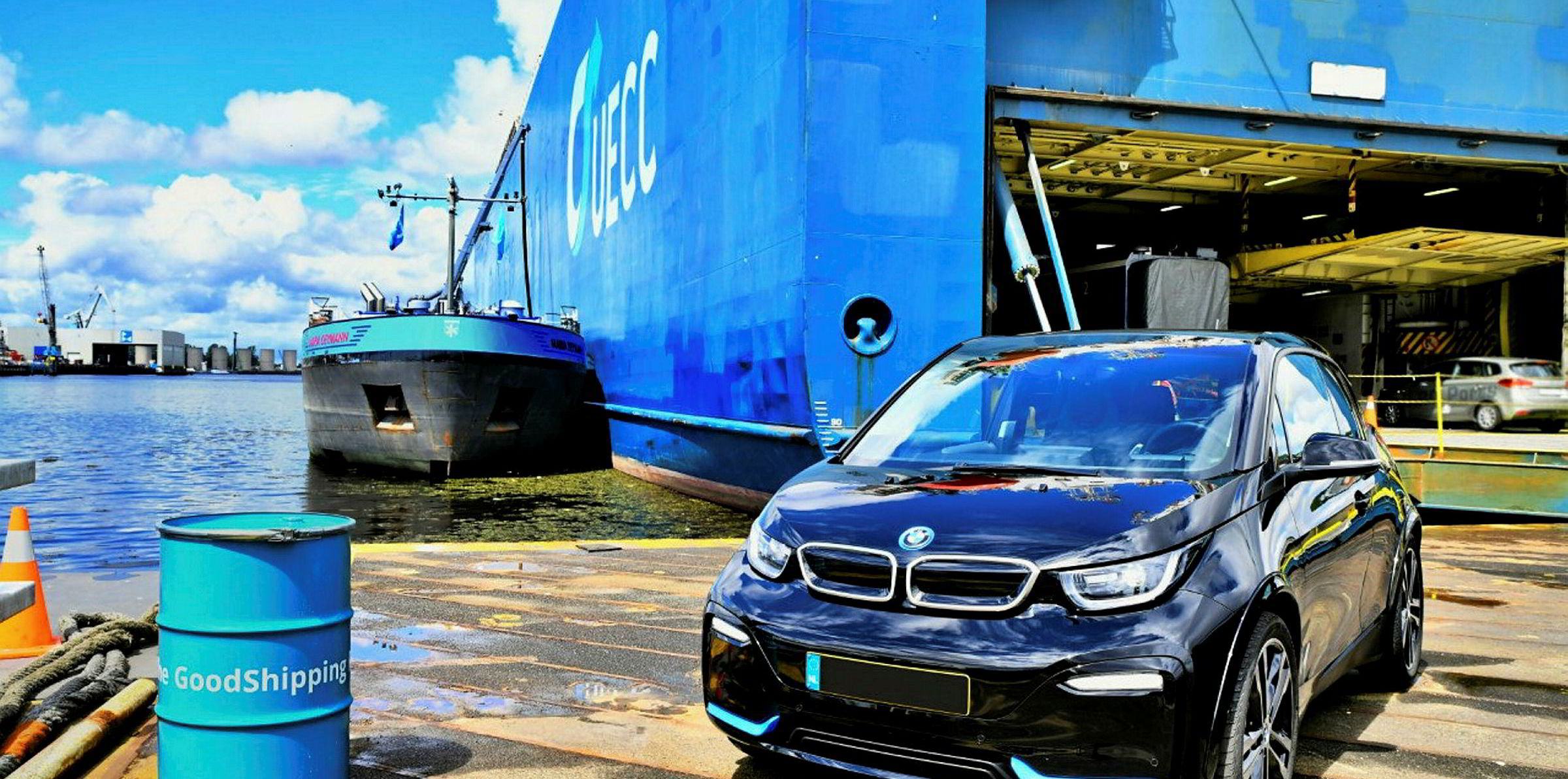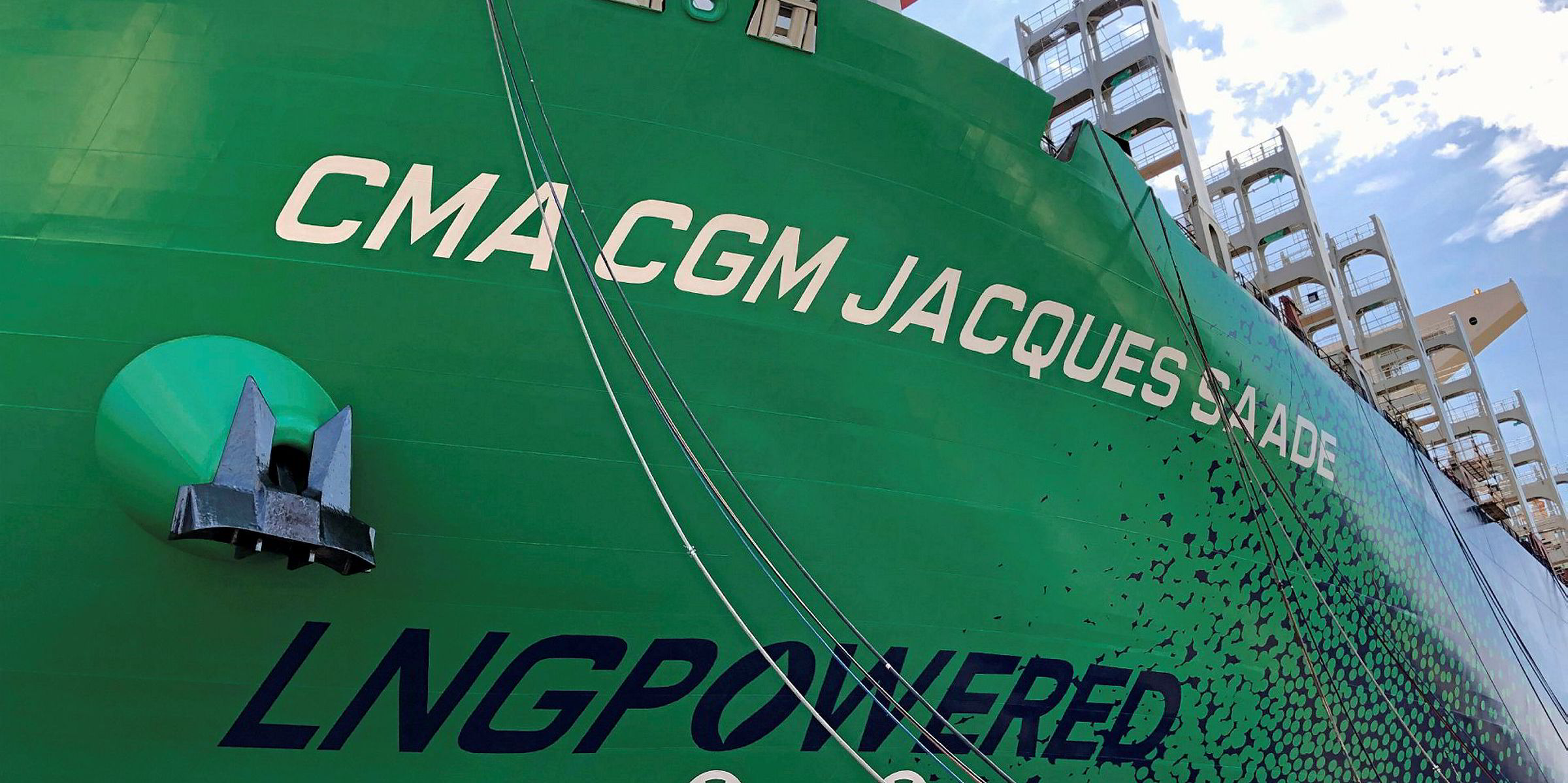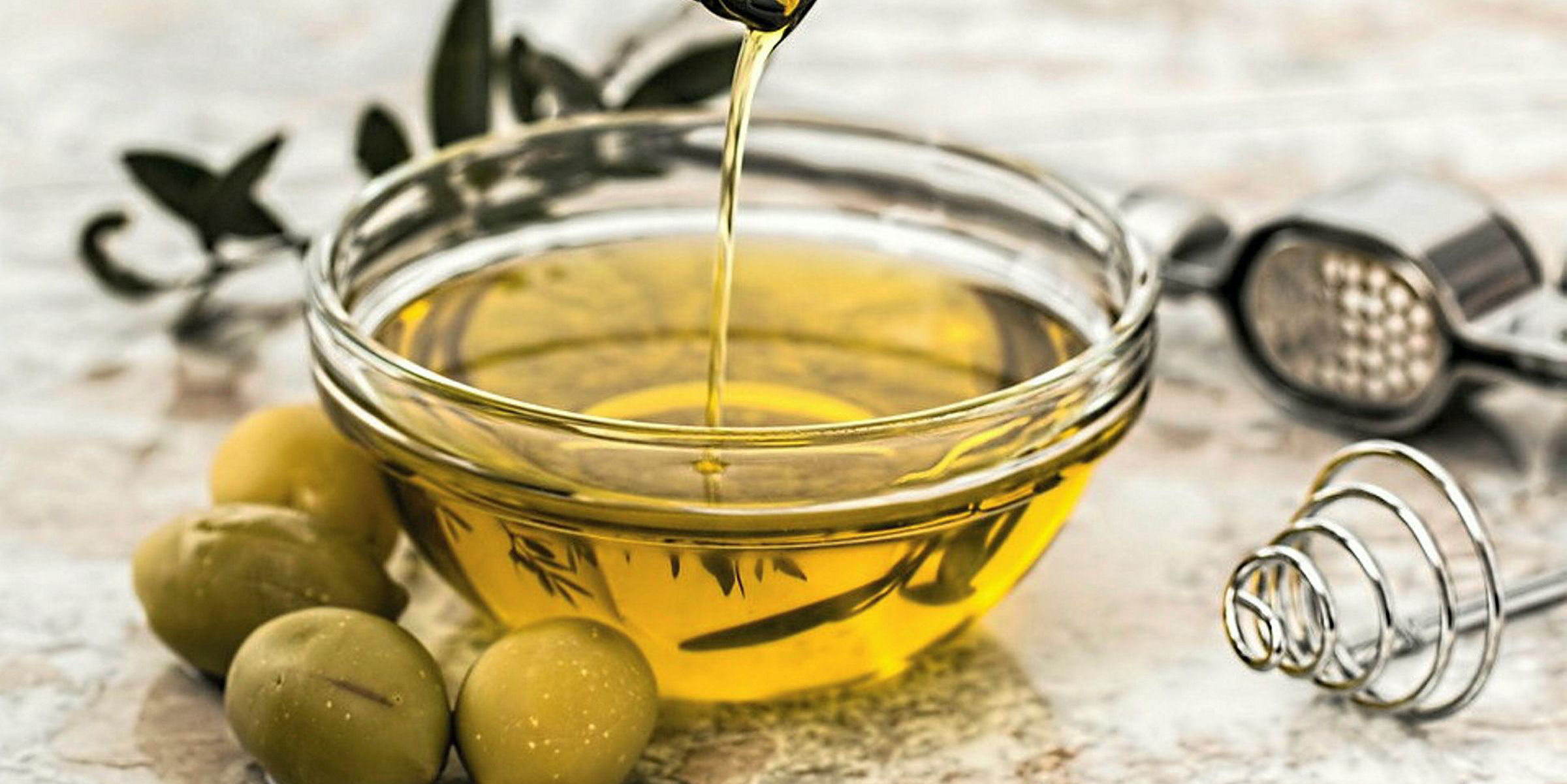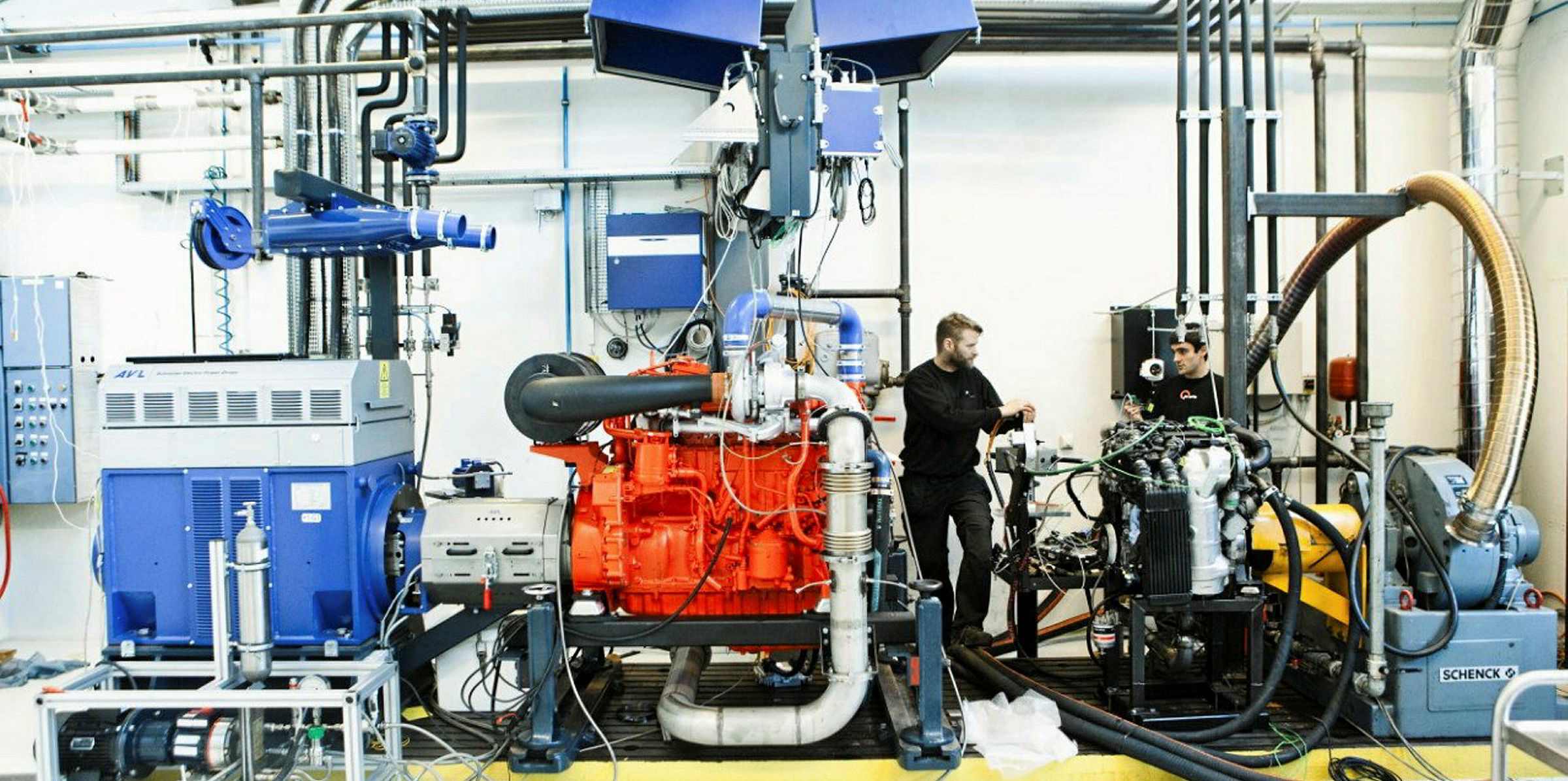The future of green bunkers could include fuel produced from sewage and sawdust.
Dutch supplier GoodFuels is looking to scale up production of sustainable biofuels — and is casting its net wide to look for new feedstocks.
It currently uses recycled cooking oil and forestry waste for its MR100 product.
But chief executive Dirk Kronemeijer told TradeWinds: "Cooking oil is not very scalable, so we are expanding towards feedstocks that have more scalability potential while keeping our sustainability."
The latest plan is to build a plant in Rotterdam that will use sawdust as a feedstock.
"There's a lot of sawdust in the world," he said. "It's mostly being burnt in power plants, and we are now going to make the sustainable version of heavy fuel."
The company is also looking at using municipal waste and sewage sludge, and is having "a big discussion" about waste plastics with authorities.
Beware plastics
"The thing about plastic is that it is initially a fossil component, so in essence it's not a biofuel and you have to be super-careful with it, because if you are burning plastic that could better be used for recycling, then you're not really creating a better planet," Kronemeijer said.
"Scalability is very key for us. It's still the Achilles heel moving forward; that is why sawdust is very, very key to move to bigger volumes."
However, he added: "We don't pretend this technology is going to be a silver bullet for the whole industry."
Current projections suggest that by 2050, biofuels will comprise 20% to 30% of the ship bunker market.
And over the next five to 10 years, it will be "one of the key dominant technologies to decarbonise shipping", according to Kronemeijer, who is also founder of the GoodShipping programme to demonstrate the use of biofuels as a marine fuel.
GoodFuels sources most of its forestry feedstock from Scandinavia, and the used cooking oil from the Netherlands and Germany.
It bunkers in Rotterdam because of an "aggressive incentive policy" from the Dutch government.
Wider bunkering planned
But he said these incentives will also soon be adopted by the EU in a much wider context, so it expects to open up in Hamburg next year, as well as in Antwerp and France. "We're quite optimistic that we can do more here."
The idea is to expand output by 10 times in the coming years. Its current production level is confidential.
"We have an extensive plan on that. All our clients are willing to invest time and money; there is now a steady base growing and growing," Kronemeijer said.
As for price, again this is still confidential, but he added: "It's quite competitive at the moment.
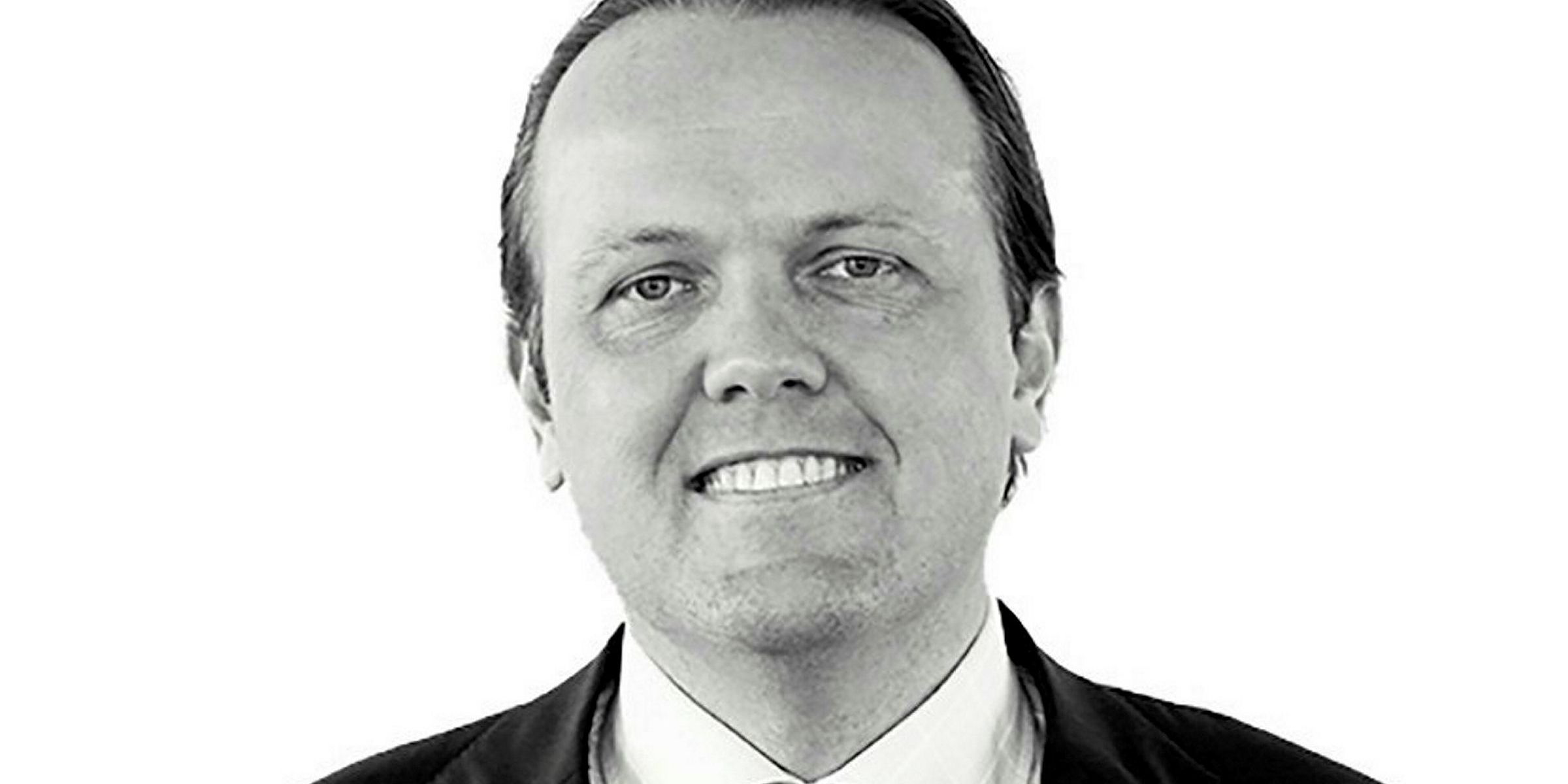
"There is a huge demand for these types of fuels. It's not necessarily our ultimate goal to be cheaper than fossil fuel."
He expects carbon levies to enter the business and fossil fuels will be made more expensive.
"We are delivering a much better product," he said. "There is a premium and there will be a premium."
Price will one day be immaterial
But when fossil fuels are phased out, "at that point the price will not matter, hopefully".
"Hopefully we are going to see more regulation, whereby governments will explicitly ask for these type of fuels," he said. "Already in maritime tenders, this stuff is sometimes essential to win a government tender.
"There is a key role for cargo owners, like IKEA, saying, 'I want to see my cargo shipped sustainably', and they are happy to cover the extra costs."
GoodFuels has just announced a tie-up with BMW Group, through which the German carmaker will cover some of the price difference between biofuels and regular bunkers during a trial using a UECC car carrier in Europe.
The producer has pledged not to use palm oil, but only truly sustainable feedstocks.
